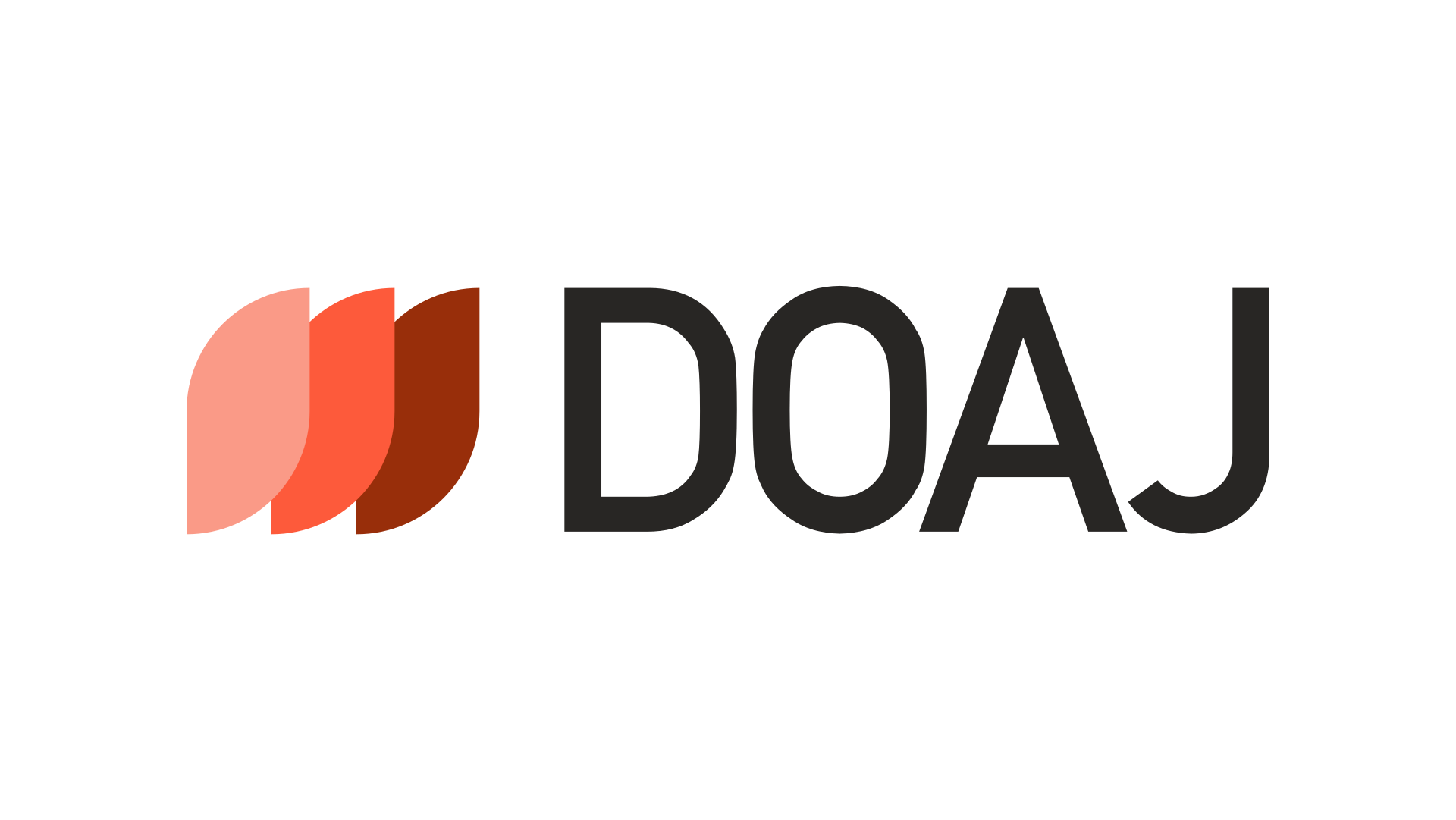Comparison of financial performance of LPD Pakraman Singapadu before and after COVID-19
DOI:
https://doi.org/10.38043/revenue.v4i1.5091Keywords:
Financial Performance, Financial Performance MeasurementAbstract
This study utilized a mixed-methods approach to evaluate the financial performance of LPD Pakraman Singapadu Village before and after the COVID-19 pandemic, specifically from July 2019 to July 2020. Quantitative data was gathered from financial documents, including income statements and balance sheets, to compare financial metrics across the two periods. Qualitative data was obtained through semi-structured interviews with key stakeholders, including LPD staff and local business owners, to gain insights into the impact of the pandemic on financial performance. Observational methods were also employed to understand the operational changes and challenges faced by the LPD during this period. Financial documents were reviewed to extract relevant financial indicators such as revenue, expenses, and profit figures, with the 2019 financial performance, which showed a profit of Rp. 477,422,463, serving as a baseline for comparison against the 2020 performance, which saw a decrease in profit to Rp. 303,884,859 due to the pandemic's onset in March 2020. Interviews were recorded and transcribed verbatim, followed by thematic analysis to identify key themes related to the pandemic's impact on financial performance and business operations. Observations provided additional context to the quantitative data, highlighting how the pandemic influenced operational dynamics and financial outcomes. All collected data was analyzed using appropriate statistical and thematic techniques to ensure the robustness and reliability of the findings, enabling a thorough examination of the changes in the financial performance of LPD Pakraman Singapadu Village in the context of the COVID-19 pandemic.
References
Articles
Adriani, D., and Wiksuana, I. G. B. (2018). Inklusi keuangan dalam hubungannya dengan pertumbuhan umkm dan tingkat kesejahteraan masyarakat di provinsi Bali. E-Jurnal Manajemen Universitas Udayana, 7(12), 6420. https://doi.org/10.24843/ejmunud.2018.v07.i12.p02
Ahmad, H., Yaqub, M., and Lee, S. H. (2022). Environmental , social , and governance related factors for business investment and sustainability: a scientometric review of global trends. Environment, Development and Sustainability, 26, 2965–2987. https://doi.org/10.1007/s10668-023-02921-x
Barnes, P. A. (2006). The analysis and use of financial ratios: A review article. Journal of Business Finance & Accounting, 14(4), 449 – 461. http://dx.doi.org/10.1111/j.1468-5957.1987.tb00106.x
Dewi and Mustika, D. N. A. (2020). Economic development strategy through rural areas: a case study in Toba Samosir, North Sumatera, Indonesia. Journal of Indonesian Applied Economics, 8(2), 27-34.
Fitrianingsih and Huda, N. (2021). Liquidity ratio analysis as an assessment to measure financial performance at Pt Garudafood Putra Putri Jaya Tbk. Jurnal Program Studi Manajemen, 9(2), 187-192.
Hada, T. and Toedara, A. (2016). Financial performance measurement comparative study on the availability and profit of Saturn plc during the years 2010 – 2014. European Journal of Business and Social Sciences, 4(11), 10-24. http://www.ejbss.com/recent.aspx-/
Hartoyo, A., Abdullah, A. R., and Darman. (2023). The effect of financial performance and company size on company value: A review of literature studies. The ES Accounting and Finance, 2(01), 35-40. http://dx.doi.org/10.58812/esaf.v2i01.171
Hasanah, R., Mareta, F. Heliani, Adawiyah, A. R., and Krismonica, E. (2021). Financial Statement Ratio Analysis to Assess Financial Performance at PT Polychem Indonesia Tbk. 1st ICEMAC 2020: International Conference on Economics, Management, and Accounting, NST Proceedings, 40-47. http://dx.doi.org/10.11594/nstp.2021.1004
Kliestik, T., Valaskova, K., Lazaroiu, G., Kovacova, M., & Vrbka, J. (2020). Remaining financially healthy and competitive: The role of financial predictors. Journal of Competitiveness, 12(1), 74–92. https://doi.org/10.7441/joc.2020.01.05
Kurniasari, T. W. (2007). Lembaga perkreditan desa (LPD) dalam perspektif hukum sebuah lembaga keuangan adat hindu penggerak usaha sektor informal di Bali. Jurnal Hukum Masyarakat Dan Budaya, 9(1), 58.
Myšková, R. and Hájek, P. (2017). Comprehensive assessment of firm financial performance using financial ratios and linguistic analysis of annual reports. Journal of International Studies, 10(4), 96-108. http://dx.doi.org/10.14254/2071-8330.2017/10-4/7
Nawir, J., Rahardika, H., Permata, R. A., and Christoper, K. (2023). Comparison of financial performance and firm value before and after mergers and acquisitions of non-financial companies in Indonesia. International Journal of Research in Business and Social Science (2147-4478), 12(3), 318-323. http://dx.doi.org/10.20525/ijrbs.v12i3.2575
Nugraha, Y. C., Wissen, S., and Kurniawan, S. P. (2024). Food consumption behavior in Bandung post COVID-19 pandemic emergence. Journal of Management and Business Review, 21(1), 34-50. http://dx.doi.org/10.34149/jmbr.v21i1.420
Patiro, S. P. S., Budiyanti, H., Hendarto, K. A., and Hendrian. (2022). Panic-Buying behavior during the COVID-19 pandemic in Indonesia: A social cognitive theoretical model. Gadjah Mada International Journal of Business, 24(1), 22-55. http://journal.ugm.ac.id/gamaijb
Pramana, M. S., Putra, I. P. I. P., and Idawati, I. A. A. (2024). Credit institutions in improving the village economy through village-owned enterprises and traditional village joint enterprises in Kutuh Village, Bali. International Journal of Environmental Sustainability and Social Science, 5(1), 20-29. http://dx.doi.org/10.38142/ijesss.v5i1.932
Purnama, O., Hanitha, V., and Angreni, T. (2020). Financial statement analysis to assess company financial performance. eCo-Fin, 2(3), 170.
Saskara, I. A. N., Marhaeni, A. A. I. N., and Yuliarmi, N. N. (2020). The role of village credit institution (LPD) to realize the economic empowerment. ESPACIOS, 41(5), 7.
Setiawati, R. I. S. and Pusporini, A. Y. (2021). The role of financial services authorities in strengthening the banking industry in Indonesia (Study During the COVID-19 Pandemic). 3rd Economics, Business, and Government Challenges 2020, NST Proceedings, 24-32. http://dx.doi.org/10.11594/nstp.2021.1305
Shayan, N. F., Mohabbati-Kalejahi, N., Alavi, S., and Zahed, M. A. (2022). Sustainable development goals (SDGs) as a framework for corporate social responsibility (CSR). Sustainability, 14, 1222. https://doi.org/10.3390/su14031222
Shepherd, D. A. and Gruber, M. (2020). The lean startup framework: closing the academic–practitioner divide. Entrepreneurship Theory and Practice, 45(5), 967-998. https://doi.org/10.1177/1042258719899415
Volejníková, J. and Kuba, O. (2021). Economic cycle and economic consequences of the global SARS-CoV-2 pandemic in the Czech Republic. The 20th International Scientific Conference Globalization and its Socio-Economic Consequences 2020, 92, 1-10. https://doi.org/10.1051/shsconf/20219201056
Yuniawati, A. S. and Farman, F. (2023). Analysis of financial reports to assess financial performance. Jurnal Ilmiah Manajemen Ekonomi & Akuntansi (MEA), 7(1), 889-900. http://dx.doi.org/10.31955/mea.v7i1.2948
Books
Fahmi, I. (2011). Analisis kinerja keuangan. Alfabeta.
Jumingan. (2006). Analisis Laporan Keuangan. PT. Bumi Aksara.
Mulyadi. (2007). Balanced scorecard: Alat manajemen kontemporer untuk pelipatgandaan kinerja keuangan perusahaan (Edisi Kelima). Salemba Empat.
Sawir, A. (2005). Analisis Kinerja Keuangan dan Perencanaan Keuangan. PT Gramedia Pustaka Utama.
Srimindarti, C. (2006). Balanced Scorecard sebagai Alternatif untuk Mengukur Kinerja.
Sundjaja, I. B. (2003). Manajemen Keuangan. Literata Lintas Media.
Sutrisno. (2009). Manajemen keuangan teori, konsep dan aplikasi (Edisi Pert). Ekonisia.
Undergraduate Thesis
Anggraini, N. D. (2013). Pengaruh praktek knowledge management terhadap kinerja organisasi (Studi Empiris Pada Satuan Kerja Perangkat Daerah Kota Salatiga) [Unpublished Undergraduate Thesis]. Universitas Diponegoro Semarang.
Websites
WHO. (2023). Advice for the public: Coronavirus disease (COVID-19). https://www.who.int/emergencies/diseases/novel-coronavirus-2019/advice-for-public?adgroupsurvey={adgroupsurvey}&gad_source=1&gclid=CjwKCAjwupGyBhBBEiwA0UcqaMTDXXV4MCawD6kbsSSE3Chz__5lBdjwF2zuR8GmG4J9pOEmp5H1EBoCgkAQAvD_BwE
Yip, B. and Perasso, V. (2021). Asal COVID-19: Apakah kita perlu tahu dari mana asal virus corona ini? BBC World Service. https://www.bbc.com/indonesia/dunia-57590872
Downloads
Published
How to Cite
Issue
Section
License
Copyright (c) 2023 I Gusti Ngurah Bayu Danuartha Loceng, I Gusti Ngurah Putra Suryanata, Ni Made Sumarningsih

This work is licensed under a Creative Commons Attribution-ShareAlike 4.0 International License.











